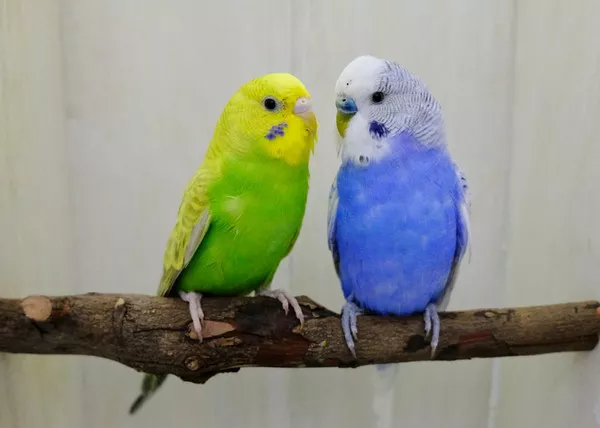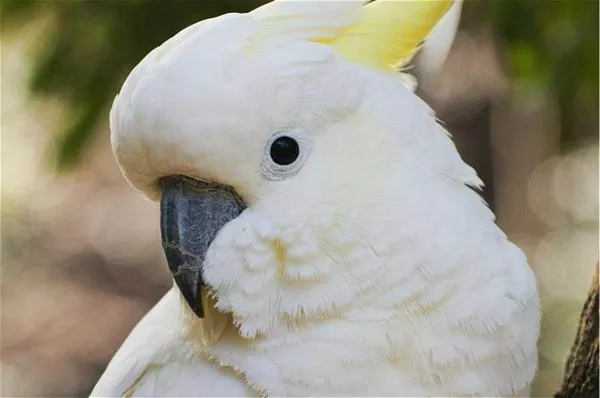The world of aquarium keeping is a fascinating one, filled with vibrant colors and diverse species. Among the popular choices for aquarium enthusiasts are guppies and bettas, each known for their unique characteristics and stunning appearances. One common question that arises in the minds of aquarium enthusiasts is, “Can guppies live with bettas?” In this article, we will delve into the intricacies of this cohabitation, exploring the factors that determine whether these two species can peacefully coexist in the same aquarium.
Understanding the Nature of Guppies and Bettas
Before we discuss the compatibility between guppies and bettas, it’s essential to understand the nature of each species. Guppies (Poecilia reticulata) are known for their small size, lively behavior, and dazzling array of colors. On the other hand, bettas (Betta splendens), also known as Siamese fighting fish, are characterized by their vibrant fins and territorial behavior. These distinct traits play a crucial role in determining whether or not these species can share the same aquatic habitat.
Can Guppies Live with Bettas? Tank Size Matters
One of the key factors influencing the compatibility of guppies and bettas is the size of the aquarium. Both guppies and bettas require space to swim freely and establish territories. If the tank is too small, it can lead to aggression and stress among the fish. Experts recommend a minimum tank size of 10 gallons for a community tank with guppies and bettas. A larger tank provides more room for each fish to establish its territory, reducing the likelihood of conflicts.
Water Parameters: A Crucial Aspect of Compatibility
Maintaining appropriate water parameters is crucial when considering whether guppies can live with bettas. Both species prefer slightly acidic to neutral water conditions with a pH range of 6.8 to 7.2. Additionally, a temperature range of 75 to 82 degrees Fahrenheit is suitable for both guppies and bettas. Consistency in water parameters is essential to ensure the well-being of both species. Regular monitoring and adjustments to the water conditions will contribute to a harmonious cohabitation.
Social Dynamics: Observing Behavior
Understanding the social dynamics of guppies and bettas is essential in determining their compatibility. Bettas, especially males, can be territorial and aggressive, particularly toward other bettas and fish with similar fin shapes. Guppies, being smaller and less aggressive, may become targets of betta aggression. It’s crucial to observe the behavior of both species when introduced to the same tank. Signs of stress, fin nipping, or aggressive behavior should be closely monitored, and action should be taken promptly to prevent harm to either species.
Can Guppies Live with Bettas? Gender Considerations
When contemplating the cohabitation of guppies and bettas, the gender of the fish becomes a critical consideration. Male bettas, in particular, are known for their territorial nature and may exhibit aggression toward other males, including guppies. It is advisable to keep a single male betta in a tank with guppies or opt for a female betta, which tends to be less aggressive. However, even with female bettas, close monitoring is essential to ensure a harmonious environment.
Creating Hiding Spaces: Providing Refuge
To mitigate potential conflicts, it is recommended to create hiding spaces within the aquarium. Plants, rocks, or decorations can serve as refuge areas for both guppies and bettas. These hiding spots offer a retreat for fish that may feel threatened, helping to reduce stress and aggression. Adequate hiding spaces contribute to a more balanced environment, allowing both species to coexist peacefully.
Feeding Considerations: Meeting Dietary Needs
Proper nutrition is a fundamental aspect of maintaining the health of guppies and bettas. While both species have similar dietary requirements, it’s essential to monitor feeding sessions to prevent competition for food. Bettas are known to be picky eaters, and providing a varied diet that includes high-quality pellets, flakes, and occasional live or frozen foods is crucial. Observing feeding behavior ensures that each fish gets its fair share of nutrition, promoting a healthy cohabitation.
Water Filtration and Maintenance: Ensuring a Clean Environment
A clean and well-maintained aquarium is vital for the health and happiness of both guppies and bettas. Adequate water filtration helps in removing waste and maintaining water quality. Regular water changes, gravel vacuuming, and filter maintenance contribute to a stable and healthy aquatic environment. Clean water reduces stress and the likelihood of diseases, fostering a more conducive setting for guppies and bettas to coexist.
Breeding Considerations: Managing Offspring
One aspect to consider when contemplating the cohabitation of guppies and bettas is the potential for breeding. Guppies are known for their prolific breeding, and bettas may become aggressive, especially if they perceive a threat to their territory or if they encounter the fry. If breeding is not a desired outcome, separating male and female guppies or removing fry to a separate tank can prevent potential conflicts and ensure the well-being of both species.
Conclusion: Striking a Balance
In conclusion, the question of “Can guppies live with bettas?” is not a straightforward one. The compatibility between these two species depends on various factors, including tank size, water parameters, social dynamics, gender considerations, hiding spaces, feeding practices, water filtration, and breeding management. By striking a balance and carefully considering these factors, it is possible to create an aquarium environment where guppies and bettas coexist harmoniously, providing a visually stunning and dynamic display for aquarium enthusiasts.
Related Topics:
What fish can live with bettas?
Do bettas need light?
A Delicate Balance: Can Male and Female Bettas Coexist?


























